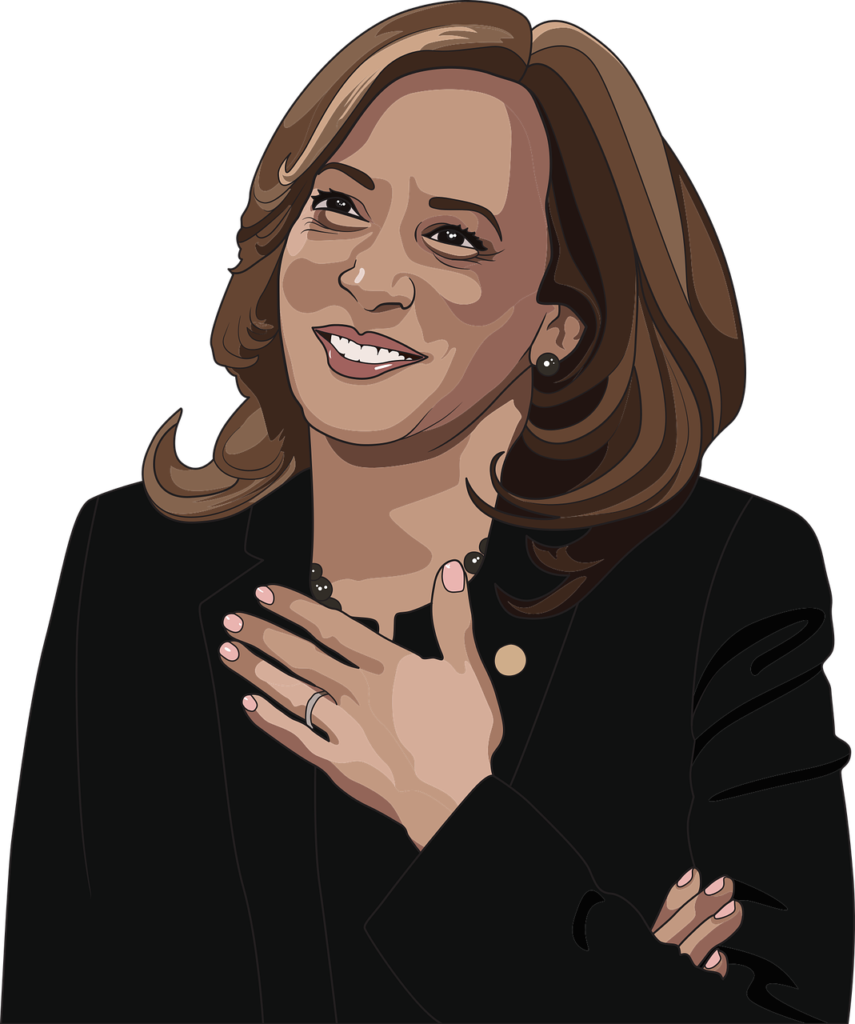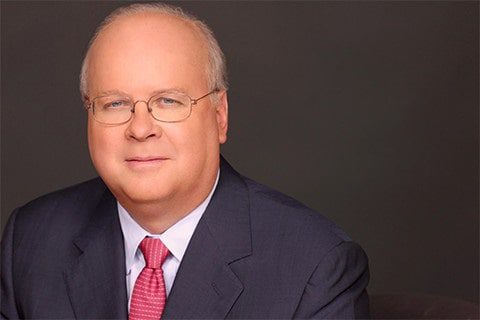
Opinion
Donald Trump has led the 2024 race for a long time. He has generally led in the RealClearPolitics national average since Sept. 12, 2023. As for Joe Biden, since his catastrophic debate performance on June 27, it has been clear that he was headed for a massive defeat.
But after Mr. Biden’s withdrawal Sunday, Democrats are now back in the game.
Vice President Kamala Harris’s elevation has unleashed enormous enthusiasm among Democrats. In an instant, the issue of Mr. Biden’s age and mental and physical deterioration was gone as a candidate in his 80s stepped aside for one in her 50s.
A younger face leading the Democratic ticket could bring back voters who saw Mr. Biden as out of touch and old—the young in particular. Mr. Biden’s exit means that Mr. Trump will be the oldest presidential nominee in U.S. history.
Ms. Harris will attack Mr. Trump with more vigor and precision than Mr. Biden could and prosecute the abortion issue more effectively. The Sept. 10 debate, which looks likely to happen, won’t be the walk in the park for Mr. Trump that the first debate was. Borrowing from Bill Clinton’s 1996 playbook, Ms. Harris is portraying herself as a bridge to the future and Mr. Trump as a bridge to the past.
The turnaround in Democratic enthusiasm has energized fundraising. Ms. Harris received $81 million in her first 24 hours in the race, accompanied by $150 million in pledges for her super PAC. The Trump campaign’s recent financial edge could be gone.
She’s aiming for tough operatives to lead her campaign, grabbing Biden campaign chairwoman Jennifer O’Malley Dillon and reportedly talking to Barack Obama’s 2008 manager, David Plouffe. Ms. O’Malley Dillon and Mr. Plouffe could present a formidable challenge to Susie Wiles and Chris LaCivita, Mr. Trump’s honchos.
Ms. Harris’s vice-presidential choice looms. Will she try to broaden her appeal with an experienced governor or member of Congress who appears ready for the top job if something happens? Such a pick would raise public estimations of her judgment, especially by comparison with Mr. Trump.
The Democrats’ Chicago convention will test her candidacy. Republicans had the advantage of holding their confab first. Mr. Trump’s favorable ratings and ballot numbers rose, perhaps out of sympathy following the attempted assassination. Can Democrats now showcase party unity and make their case as effectively as Republicans did?
Ms. Harris’s acceptance speech could provide a real contrast to Mr. Trump’s, which after a riveting start turned into a meandering mess that likely didn’t convert a single undecided voter.
That could prove a real misfire by Mr. Trump if Ms. Harris has a successful speech to close out a unified convention and then immediately hits the campaign trail hard, drawing big, enthusiastic crowds. Democrats could go into Labor Day ahead in the race, having consolidated and energized their party and made modest inroads among swing voters. A week ago, that was unthinkable.
Still, Ms. Harris has big problems. Her vice-presidential tenure is associated with one of the Biden administration’s most conspicuous failures: the chaotic southern border. Nor can she escape responsibility for Mr. Biden’s other disasters, from inflation and the Afghanistan withdrawal to out-of-control spending and antienergy policies. She’s to the left of Mr. Biden; the electorate isn’t. And after flaming out in her 2020 primary run, it’s questionable how likable a candidate she is.
Artilce first appeared in the Wall Street Journal

Karl Rove served as Senior Advisor to President George W. Bush from 2000–2007 and Deputy Chief of Staff from 2004–2007. At the White House he oversaw the Offices of Strategic Initiatives, Political Affairs, Public Liaison, and Intergovernmental Affairs and was Deputy Chief of Staff for Policy, coordinating the White House policy-making process.
Mr. Rove has been described by respected author and columnist Michael Barone in U.S. News & World Report as “…unique…no Presidential appointee has ever had such a strong influence on politics and policy, and none is likely to do so again anytime soon.” Washington Post columnist David Broder has called Mr. Rove a master political strategist whose “game has always been long term…and he plays it with an intensity and attention to detail that few can match.” Fred Barnes, executive editor of The Weekly Standard, has called Mr. Rove “the greatest political mind of his generation and probably of any generation. He knows history, understands the moods of the public, and is a visionary on matters of public policy.”
Before Mr. Rove became known as “The Architect” of President Bush’s 2000 and 2004 campaigns, he was president of Karl Rove + Company, an Austin-based public affairs firm that worked for Republican candidates, non-partisan causes, and non-profit groups. His clients included over 75 Republican U.S. Senate, Congressional, and gubernatorial candidates in 24 states, as well as the Moderate Party of Sweden.

